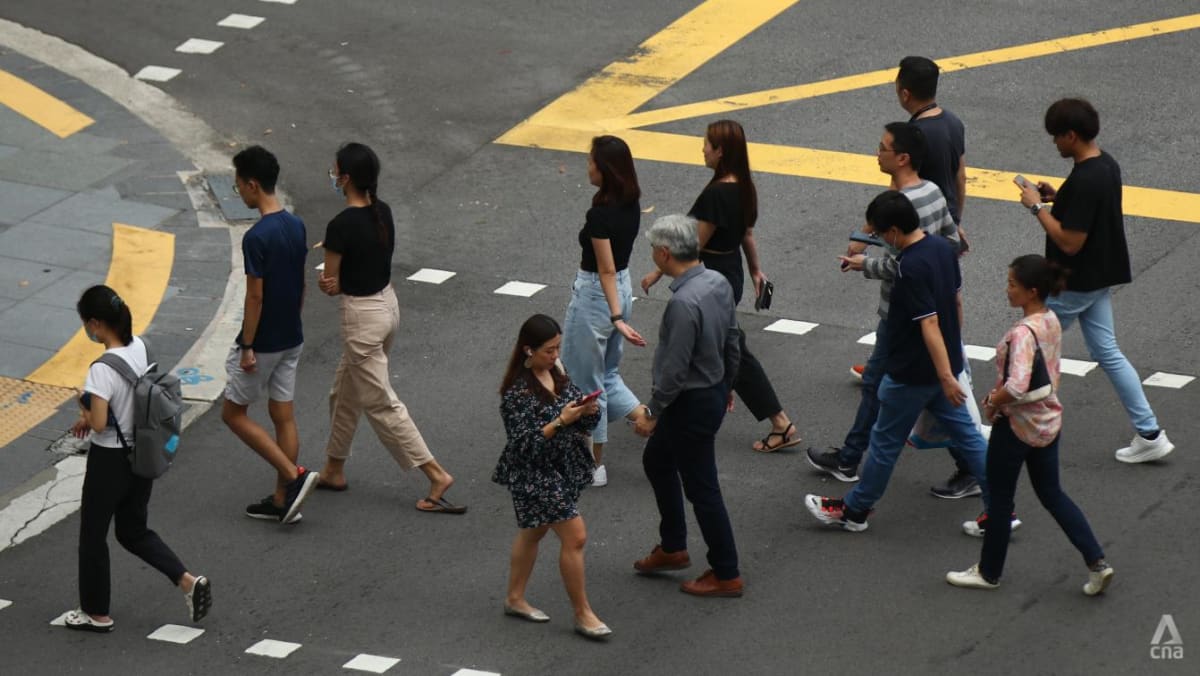The legislation will require employers not to discriminate against employees based on protected characteristics such as age, nationality, sex, marital status, pregnancy status, race and disability.
Among employees and job seekers, age, race and nationality were the top forms of discrimination.
In 2023, more job seekers felt they were discriminated against based on age and nationality compared to 2022.
Of jobseekers aged 50 and over, 37.9 per cent said they experienced age discrimination. That compares with 12.2 per cent of those under 50 years old.
MOM said the ministry, the Tripartite Alliance for Fair and Progressive Employment Practices, the National Trades Union Congress and Singapore National Employer Federation have collectively put in effort to promote fair employment practices.
A bigger proportion of employees now work in companies that have formal procedures to manage workplace discrimination. More than 63 per cent of resident employees worked in such firms as of last year, compared with 59.8 per cent in 2022.
“There has been a steady rise in the proportion since 2018 (49.6 per cent), a positive sign toward further improvements in workplace fairness standards,” said MOM.
However, there are still areas for improvement that MOM said can be addressed by the upcoming workplace fairness legislation.
Age discrimination is one such area. The proportion of jobseekers who faced unfair treatment due to their age rose from 16.6 per cent in 2022 to 18.1 per cent in 2023.
The new law will send a “stronger signal that age discrimination of job seekers is not acceptable,” said Mr Ang Boon Heng, director of the manpower research and statistics department at MOM.
People also need to be encouraged to seek help when facing discrimination.
Employees said they were mainly afraid of being marginalised at work or causing work relations to be more awkward. They were also concerned about their careers being negatively impacted.
In 2023, only 29.3 per cent of those who experienced discrimination sought help, compared with 35.3 per cent in 2022.
“This also means that around 7 in 10 who experienced workplace discrimination did not seek help,” said Mr Ang.
“More can be done to strengthen employees’ confidence in reporting workplace discrimination,” MOM said, noting that workers will be protected against retaliation when reporting discriminatory work practices under the workplace fairness legislation.
Employers will be required to put proper grievance handling processes in place.
“By strengthening protections against workplace discrimination, employers will benefit from a more engaged workforce, strengthen positive reputation, and build a harmonious workplace that attracts and retains talent – all of which leads to better business outcomes,” the ministry said.














